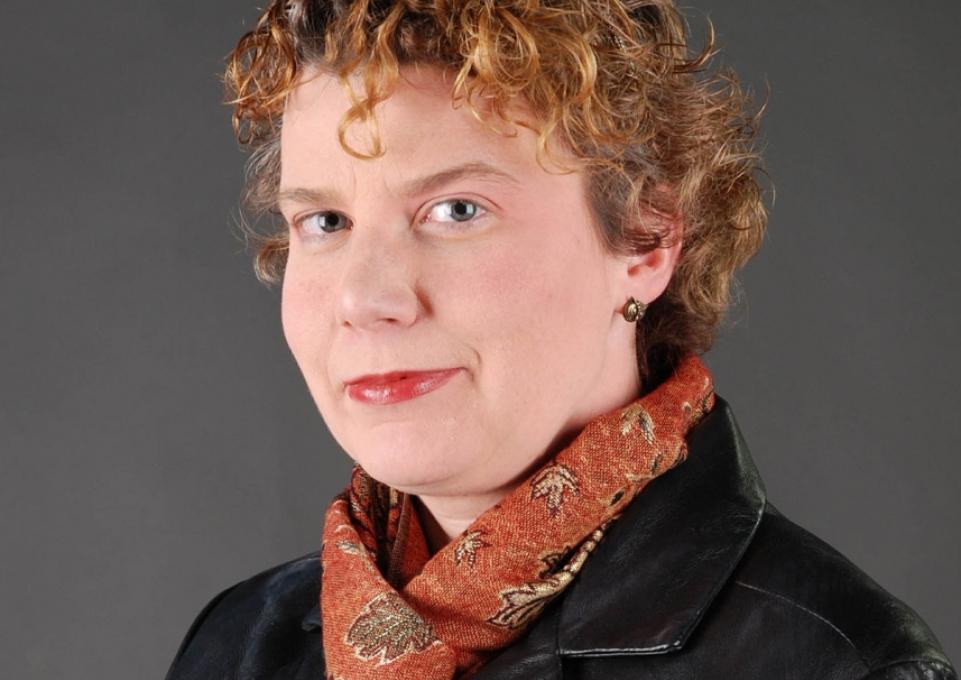
Terrorism is nothing new, according to Clairissa Breen, '03, assistant professor of criminal justice and a certified master anti-terrorism specialist. “Modern terrorism began in the 1800s, and its goal is simply to disrupt. When you look at acts of terror like the Boston bombing, it’s hard to believe it’s that simple, but it is.”
Terrorism is the criminal disruption, or attempted criminal disruption, of the political, social, and/or ideological norms of a community, society, or country. According to Breen, terrorism is marked by the absence of plans to achieve a particular outcome beyond disruption. Another aspect of terrorism is the lack of any interest in preserving human life, including the lives of a group’s own members.
Why Choose to Be a Terrorist?
People become terrorists for a variety of reasons, mostly personal. “My buddies are doing it, I want to make my parents proud—that may start it,” said Breen. “Sometimes the elderly become engaged because their kids are grown, they don’t have any responsibility, and they want to feel like they made a difference. For a while, Al Qaeda was looking for older people for suicide bombings.”
In one case in which Breen has consulted, a young man’s parents reported his aberrant behavior to the police. In addition to spending long hours alone in the basement, he had burned stuffed animals in the yard. “It turned out he was building bombs in the basement,” said Breen, “and the stuffed animals were gifts he’d given to a girl who returned them. Domestic situations frequently contribute to an individual’s choice to become a terrorist.”
It’s not too hard to support a terrorist organization, either. “You might start by signing a petition, and then giving a donation, and then taking part in a demonstration,” said Breen. “If just one person in the organization decides to further its goals through criminal activity, you’re supporting terrorism.” The United States has more than 900 hate groups, and each is just “one violent act away” from becoming a terrorist organization.
Front-Line Officers Crucial
While many good counterterrorism organizations exist, Breen believes it’s the front-line law-enforcement officers who are the most crucial to preventing a terrorist attack. “The recent attacks in New York City and New Jersey got a quick response— after they happened,” said Breen. “It’s the officer who notices someone who doesn’t belong, who responds to something out of place, who is most likely to prevent a terrorist attack.”
How can government authority and human rights be balanced? “Generally, in the United States, we do our best to provide our citizens with the maximum human rights possible, and sometimes that works against us,” said Breen. “Freedom of speech, of assembly, of religion works for hate groups and religious extremists as much as it does for law-abiding citizens exercising their first-amendment rights. Personally, I think the most basic human right —the right to your life— is best served by legal government authority exercised by those paid to enforce it. We live in a society where we have given up our rights to be involved in criminal activity in order to be protected from the criminal activity of others.”
Given that Breen spends most of her time studying the worst human behavior imaginable, the question is unavoidable: How does she sleep at night?
“I focus my energies on teaching my students how to counter terrorism,” said Breen. “Terrorists are human beings, and human problems always have human solutions. Maybe not today or tomorrow, or in a hundred years, but we can solve it.”
